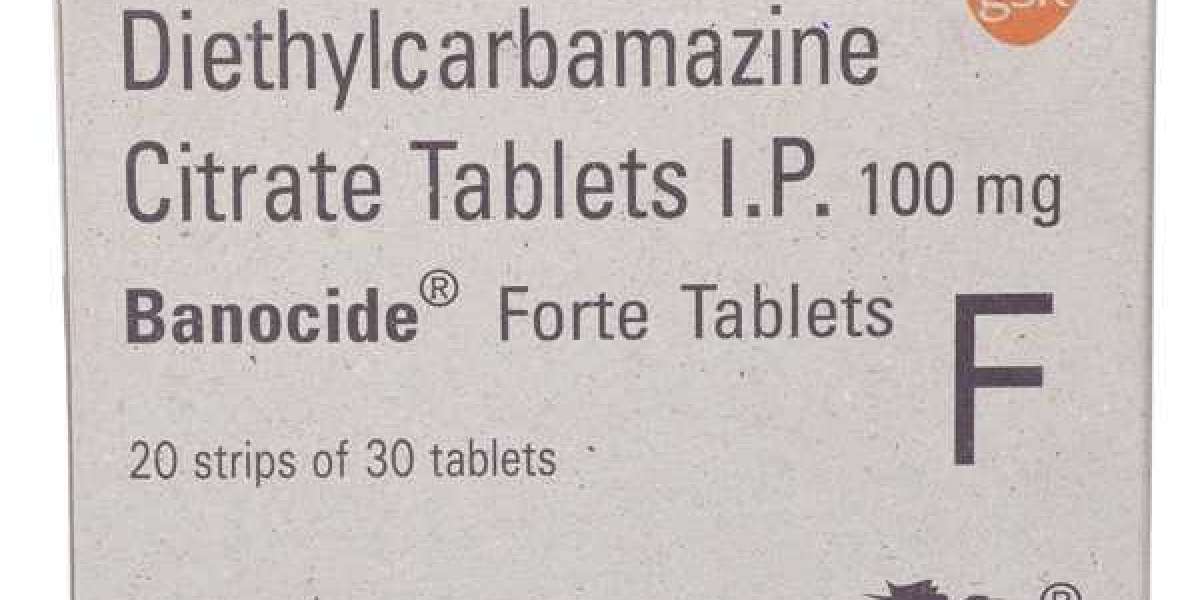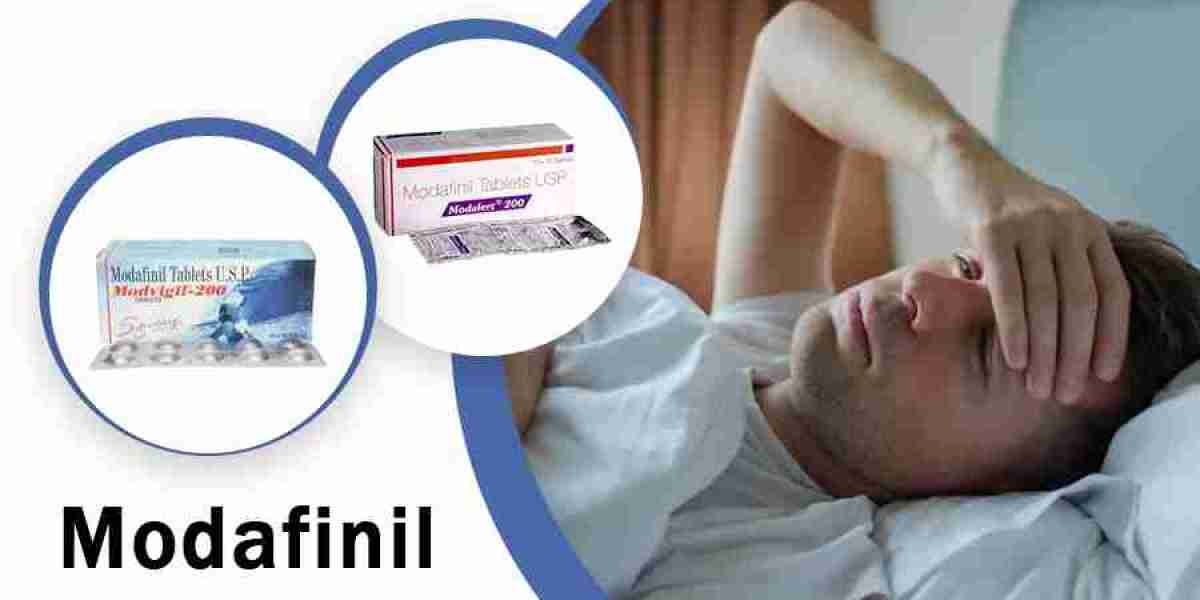Diethylcarbamazine citrate (DEC) is a medication with a remarkable history of fighting neglected tropical diseases. These are diseases affecting millions in developing countries, often causing debilitating symptoms and hindering economic progress.
Here's what you need to know about DEC and its impact on public health:
Diseases Treated by DEC:
Lymphatic filariasis: This debilitating disease, also known as elephantiasis, is caused by parasitic worms transmitted by mosquitoes. DEC effectively kills the worms, preventing further development and disease progression.
Loiasis: Also known as "African eye worm" disease, this condition is caused by a parasitic worm transmitted by deerflies. DEC targets the microfilariae (larval stage) of the worm, preventing the development of adult worms and associated symptoms.
Onchocerciasis (river blindness): This disease is caused by another parasitic worm transmitted by blackflies. DEC effectively kills the microfilariae, preventing blindness and other complications.
Tropical pulmonary eosinophilia (TPE): This condition is characterized by allergic inflammation in the lungs, often triggered by parasitic worm infections. DEC can help reduce inflammation and improve symptoms.
How DEC Works:
DEC works by interfering with the metabolism of the parasitic worms, disrupting their development and reproduction. This eventually leads to the death of the worms, preventing further harm to the host.
Benefits of DEC:
Highly effective: DEC has a proven track record in treating various parasitic worm infections.
Safe and affordable: DEC is generally well-tolerated and relatively inexpensive, making it accessible for populations in resource-limited settings.
Mass drug administration (MDA): DEC is often used in mass drug administration programs, which involve treating entire communities to prevent transmission and control disease outbreaks.
Improved quality of life: By treating parasitic infections, DEC can significantly improve the quality of life for individuals and communities affected by these diseases.
Important Considerations:
Side effects: Although generally well-tolerated, DEC can cause side effects like dizziness, headache, and nausea. These are usually mild and resolve on their own.
Pregnant and breastfeeding women: DEC is generally not recommended for pregnant and breastfeeding women unless the potential benefits outweigh the risks.
Diagnosis is crucial: Before starting DEC treatment, it's important to accurately diagnose the specific parasitic infection to ensure appropriate treatment.
Conclusion:
Diethylcarbamazine tablet remains a vital tool in the fight against neglected tropical diseases. Its effectiveness, affordability, and suitability for mass drug administration programs make it an invaluable weapon in improving public health and alleviating the suffering of millions worldwide.
Trusted References:
World Health Organization (WHO): https://www.who.int/news-room/fact-sheets/detail/lymphatic-filariasis








